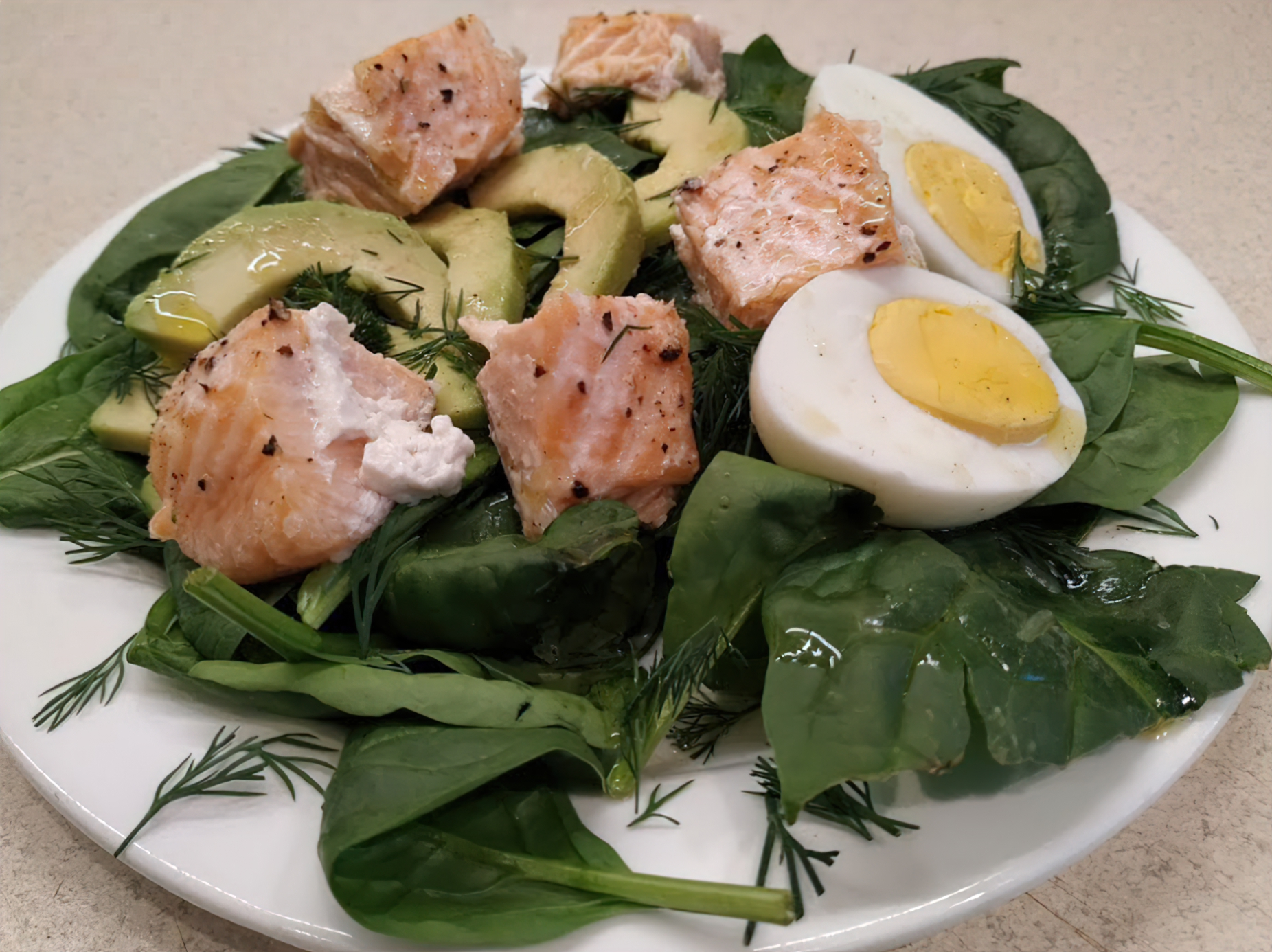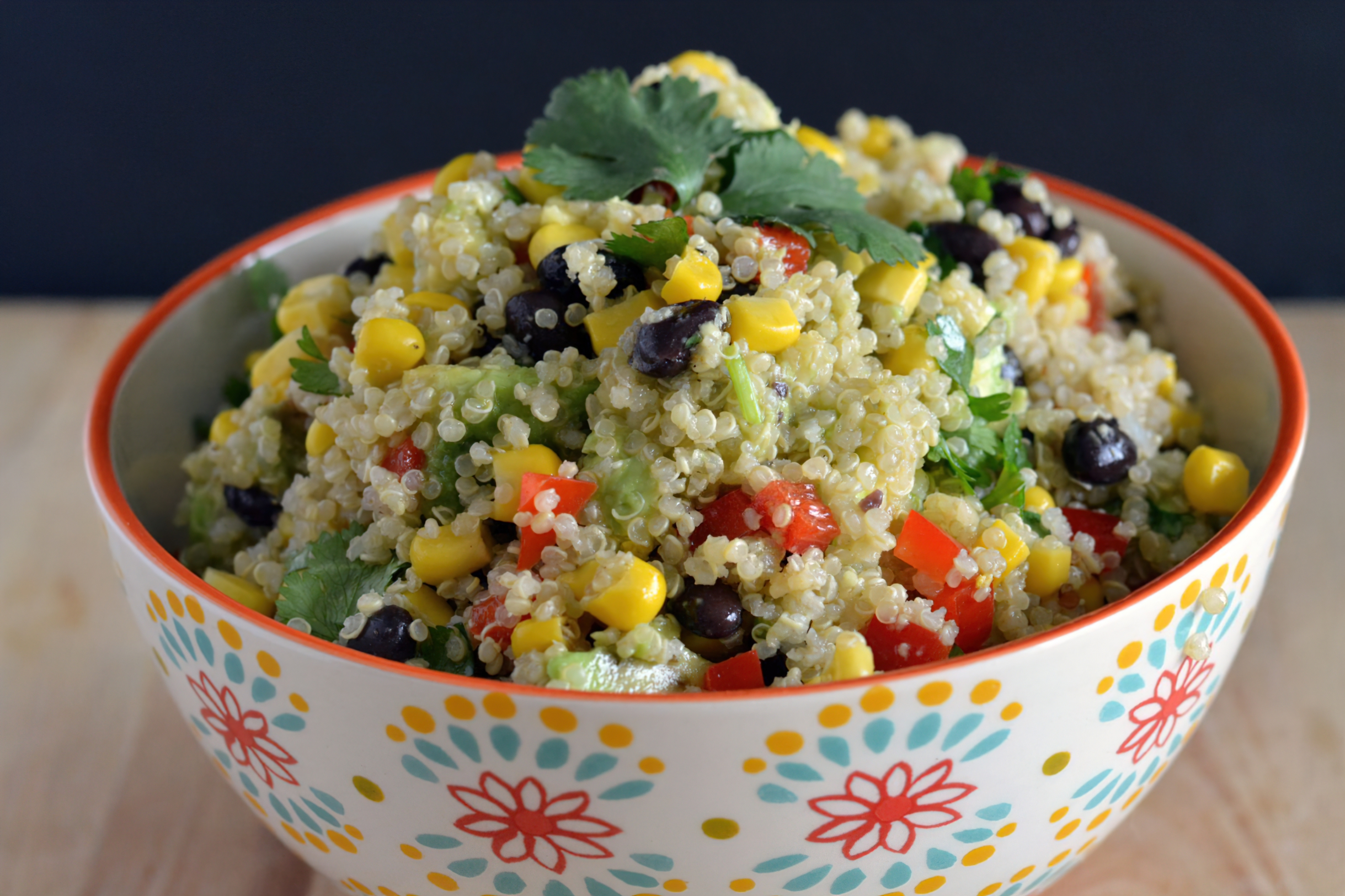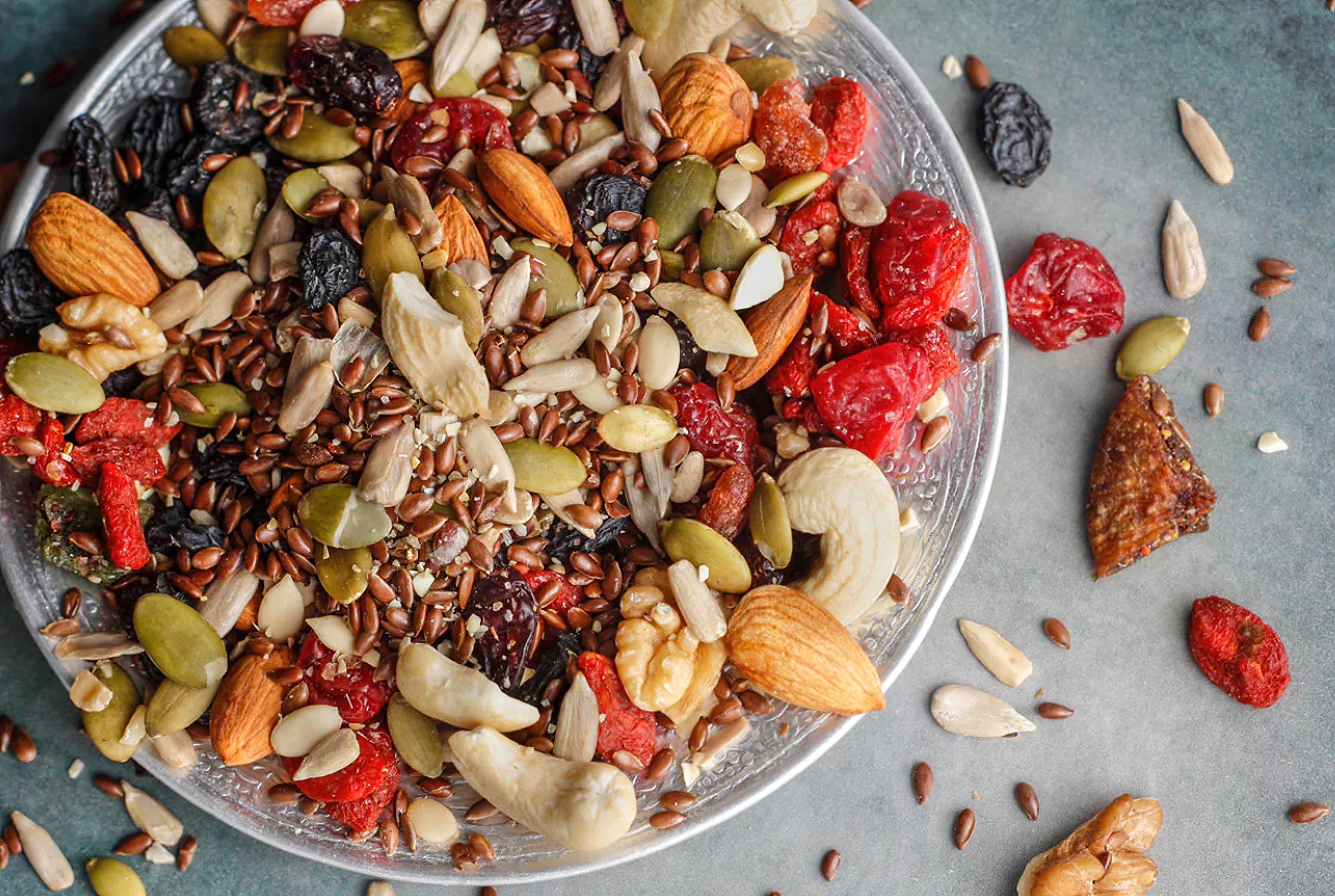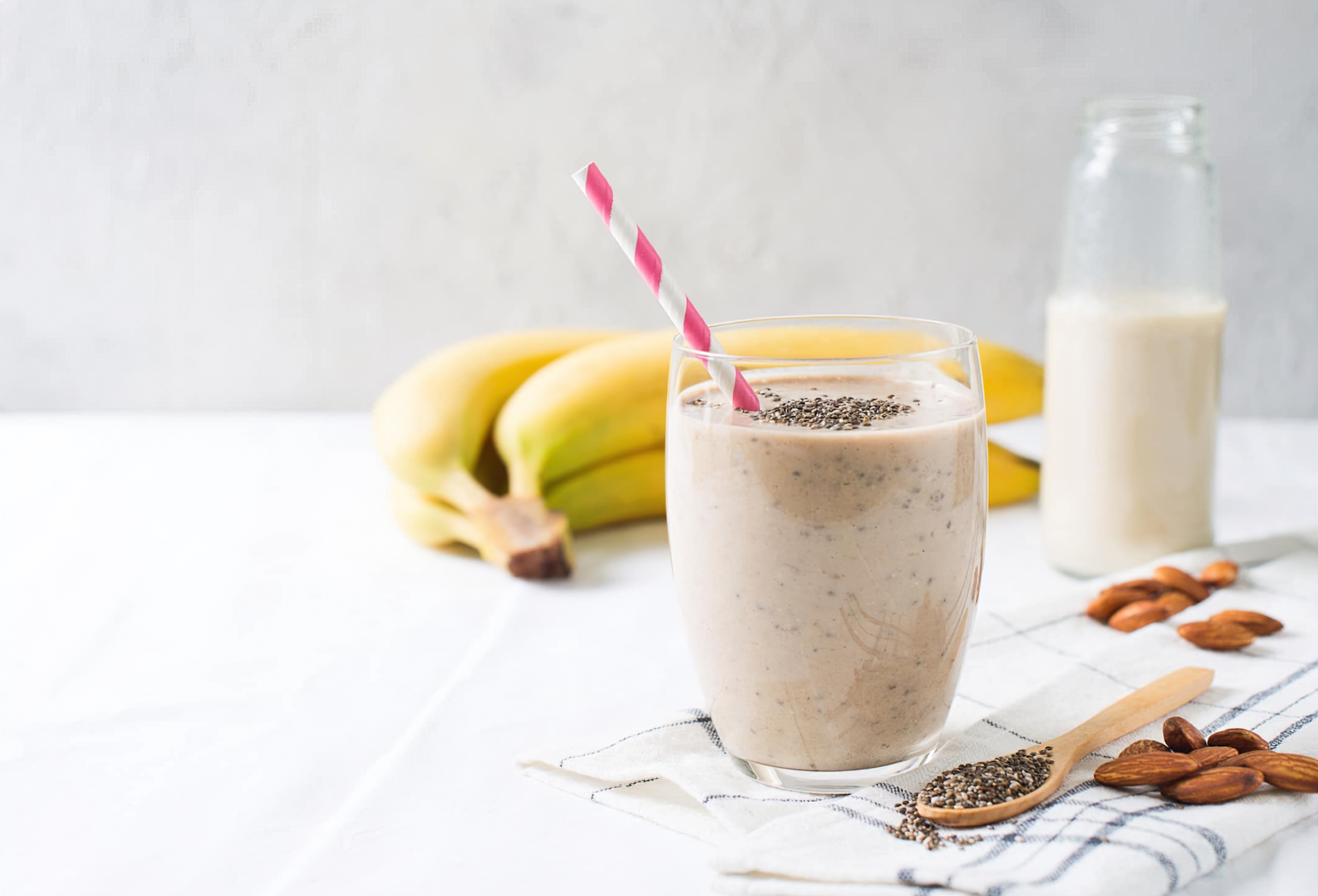Magnesium, an often overlooked mineral, plays a vital role in our bodies. This is especially true for athletes, where the demand for magnesium can be significantly higher. Magnesium is involved in more than 300 enzymatic reactions in the body, including protein synthesis, muscle and nerve function, blood glucose control, and energy production. Therefore, an adequate magnesium intake can enhance athletic performance and recovery.
In the context of sports, magnesium helps with muscle contractions, nerve transmission, energy metabolism, protein formation, and perhaps most importantly, the maintenance of electrolyte balance. By helping muscles relax and contract, and by boosting energy production, magnesium can help athletes increase endurance and fight off fatigue.
Magnesium-Rich Recipes to Boost Your Performance
Recipe 1: Spinach and Salmon Salad
Ingredients:
- 1 medium-sized salmon fillet
- 2 cups of fresh spinach
- 1 avocado
- A handful of cherry tomatoes
- Lemon juice, salt, and pepper to taste
Cooking Instructions:
- Grill or bake the salmon until cooked to your liking.
- In a large bowl, combine spinach, sliced avocado, and cherry tomatoes.
- Top with grilled salmon and season with lemon juice, salt, and pepper.
This recipe is an excellent source of magnesium, thanks to spinach and salmon.
Recipe 2: Quinoa with Black Beans
Ingredients:
- 1 cup of quinoa
- 1 can of black beans
- 2 cups of water
- A pinch of salt
Cooking Instructions:
- Rinse quinoa under cold water until the water runs clear.
- Bring 2 cups of water to boil, add the quinoa and a pinch of salt.
- Lower the heat and simmer for 15 minutes until the quinoa is fluffy.
- Rinse the black beans and add them to the cooked quinoa.
This simple dish combines the benefits of quinoa and black beans – both are high in magnesium.
Recipe 3: Pumpkin Seed Trail Mix
Ingredients:
- 1 cup of pumpkin seeds
- 1/2 cup of dried cranberries
- 1/2 cup of dark chocolate chips
- 1/2 cup of almonds
Instructions:
- Simply mix all ingredients together.
- Store in an airtight container.
Pumpkin seeds and almonds provide a healthy dose of magnesium in this delicious and easy-to-carry snack.
Magnesium Supplementation and Considerations
While getting magnesium from natural food sources is ideal, athletes may sometimes need to consider magnesium supplements, especially if their dietary intake is not meeting their needs. Always consult with a healthcare provider before starting any supplement regimen.
Too much magnesium from food does not pose a risk because the kidneys eliminate excess amounts. However, high doses of magnesium from supplements can result in diarrhea, nausea, and abdominal cramping.
Understanding Magnesium Deficiency in Athletes
It’s essential for athletes to be aware of the signs of magnesium deficiency, which can negatively affect performance and health. Symptoms can include muscle cramps, irregular heartbeat, fatigue, and irritability. While these symptoms may be common in athletic training, they shouldn’t be ignored.
Athletes might face a higher risk of magnesium deficiency due to several factors. High-intensity workouts can increase magnesium loss through sweat. A diet low in magnesium, high-stress levels, and consuming high levels of protein, calcium, or Vitamin D, which increases magnesium requirements, are other potential contributing factors.
Recipe 4: Banana & Almond Butter Smoothie
Ingredients:
- 2 ripe bananas
- 2 tablespoons of almond butter
- 1 cup of almond milk
- A handful of spinach
- Ice (optional)
Instructions:
- Combine bananas, almond butter, almond milk, and spinach in a blender.
- Blend until smooth, add ice if you prefer a chilled smoothie.
- Pour into a glass and enjoy!
This smoothie recipe is packed with magnesium-rich foods like bananas, almond butter, and spinach. It makes a great pre-workout meal to ensure you’re adequately fueled for your session.
The Takeaway
Magnesium is a vital mineral for everyone, especially athletes. It plays an essential role in various bodily functions, including those directly related to athletic performance such as energy production and muscle function.
While it’s possible to obtain magnesium through a balanced diet, athletes who engage in intense training or those with dietary restrictions might need to consider supplements. However, it’s always best to consult with a healthcare professional before starting any new supplementation.
The recipes shared in this article are an excellent way to include more magnesium-rich foods in your diet. They are not only nutritious but also easy to prepare and delicious.
Remember, the key to optimal athletic performance is a balanced and varied diet, regular exercise, and adequate rest and recovery. Magnesium is an essential piece in this complex puzzle of sports nutrition.